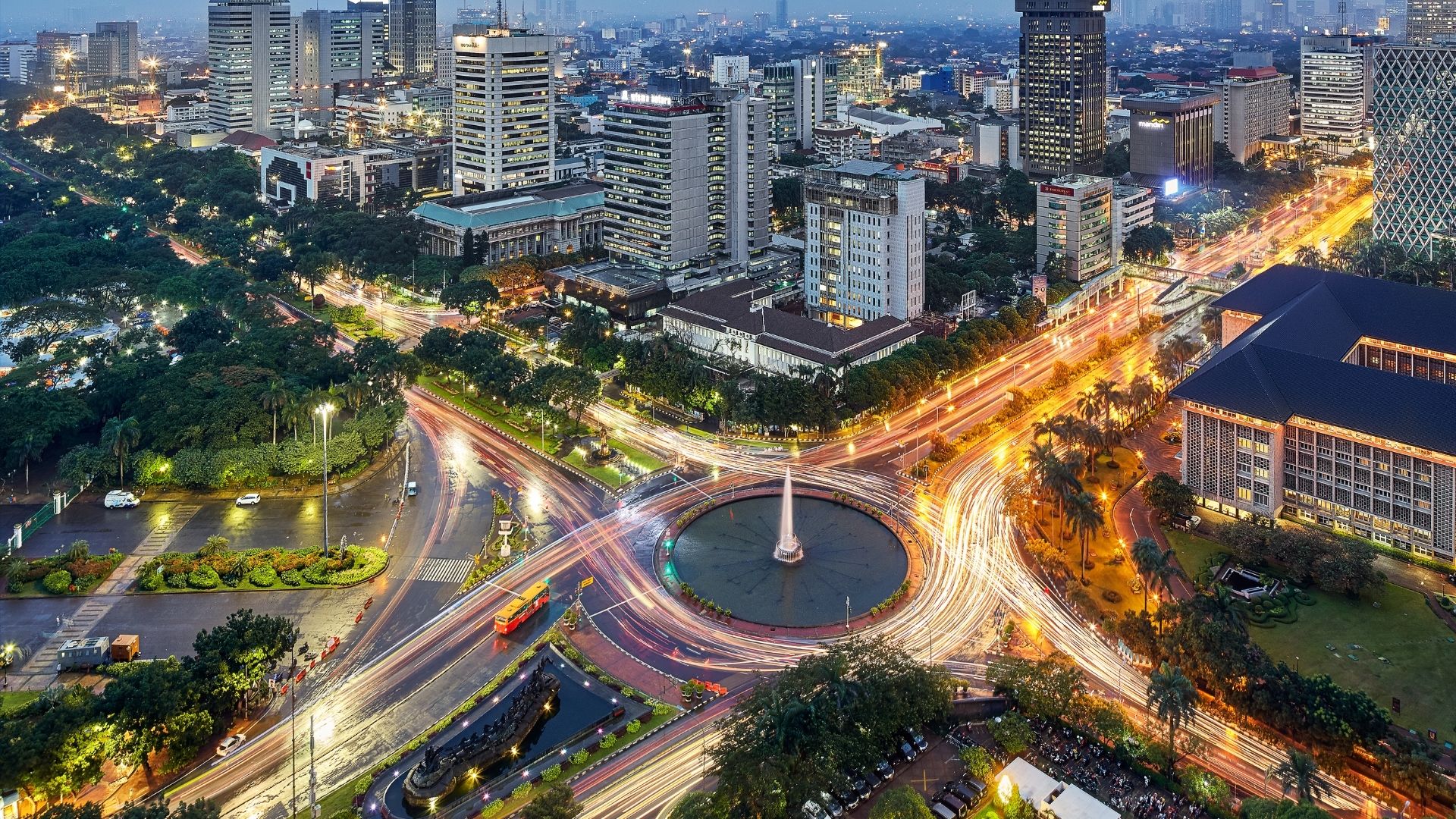New patent prosecution highway plan between Indonesia and South Korea
The Indonesian Patent Office and the Korean Intellectual Property Office (KIPO) signed a Memorandum of Understanding, formally establishing the patent cooperation relationship between the two countries. The agreement, effective from September 2023, facilitates the implementation of the Patent Prosecution Highway (PPH) scheme, for which applications can now be made via online submission.
The PPH program provides great convenience to applicants, and one of its main advantages is the speedy patent examination in Indonesia. Currently, it takes approximately two years from the filing date to obtain substantive examination results. However, the PPH program significantly reduces the time required, shortening it to six months from the date of PPH application. This acceleration saves applicants significant time.
Revised patent fees
The Patent Office is currently working on a new draft government regulation covering fees and duties on non-tax state income within the Ministry of Law and Human Rights. The proposed changes include modifications to certain patent-related official fees, including fees for filing applications, requests for substantive examination, requests for post-grant review and requests for early publication. In addition, the draft also introduces new official fees, in particular fees for reinstatement requests for patent applications deemed withdrawn, applicable both at the formal and substantive examination stages. The regulations, expected to be released early next year, aim to address and revise the existing patent fee structure.
Changes to the Industrial Design Act
The Indonesian Industrial Designs Act was originally expected to be completed in 2023, but has now been rescheduled to 2024. The latest news from the Design Office outlines the following key changes:
Definition expansion: The definition of novelty has been expanded to protect not only “not identical” but also “dissimilar” designs.
Dual Protection: Two types of protection are introduced. Short-term designs (such as textile products) can be registered for a three-year protection period from the date of first publication without substantive examination. Longer-term designs are subject to substantive review. The initial protection period is five years, which can be renewed every five years and can be renewed twice.
Excluded designs: designs that lack beauty, only have technical effects, folk customs, designs that violate the law, public order or are filed in bad faith are not protected.
Liability of the patentee: The patentee shall not allow the sale of infringing goods, including on the market.
Government Use: The government may use an industrial design for national defense and security purposes, subject to notification and compensation to the rights holder.
International application: Recognizes the Hague Agreement (Geneva Act of 1999) and allows applications for international registration of designs.
Design Review Board: Similar to the Patent Review Board, this Board allows for review applications and correction requests for rejected applications, and also allows third parties with vested interests to file revocations.
Entrusted guarantee: Industrial design rights can be the subject of entrusted guarantee, but legal provisions must be followed.
In summary, if the bill is passed, applicants will have the option of registering industrial designs for short-cycle products without review, or extending the protection period to 15 years for longer-cycle products. Applicants can also file an application for review of the refusal, request rectification, and initiate cancellation proceedings against other registered designs, which is a more cost-effective alternative to litigation in the Commercial Court.
For further information, please contact:
Arifia Fajra, Rouse
